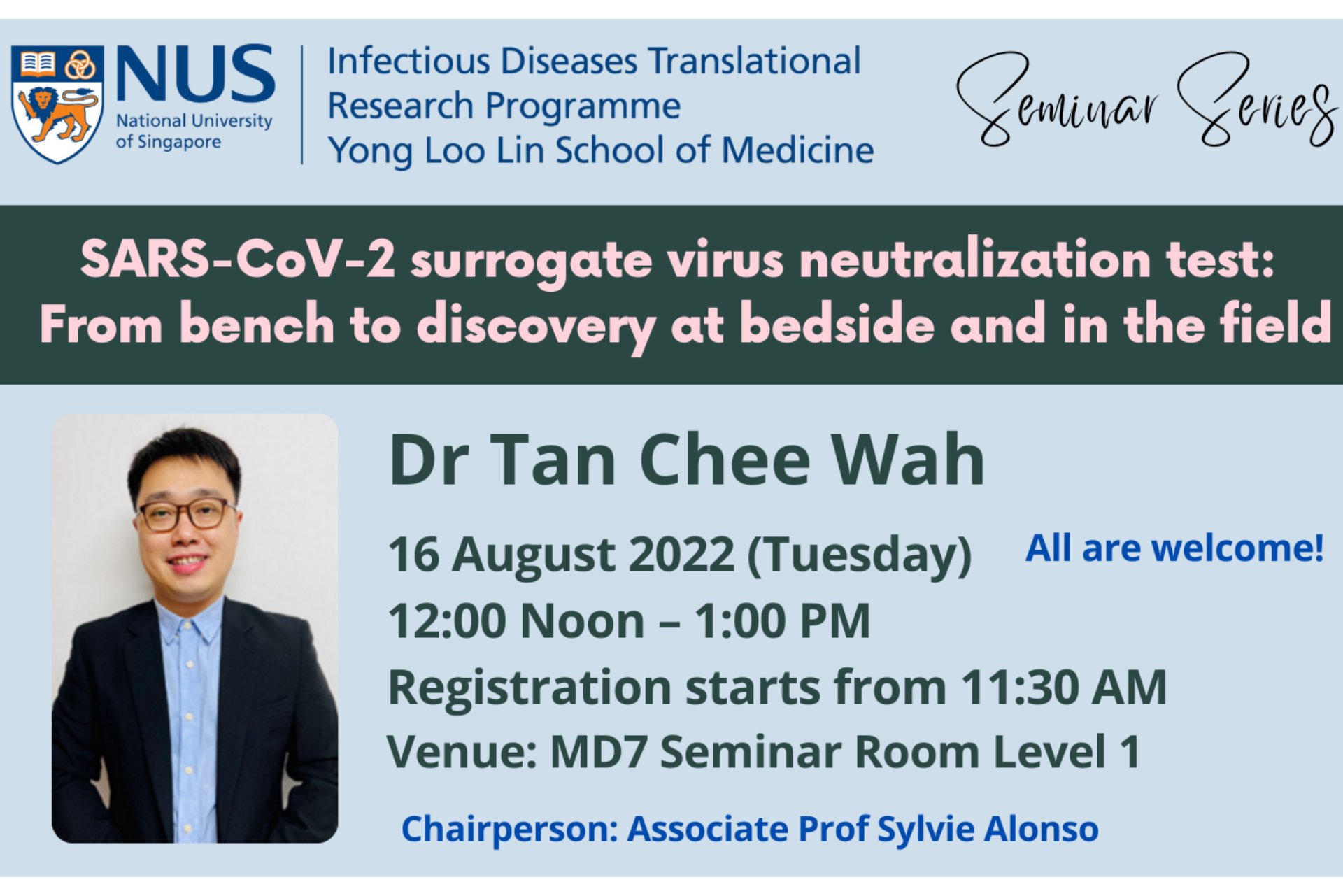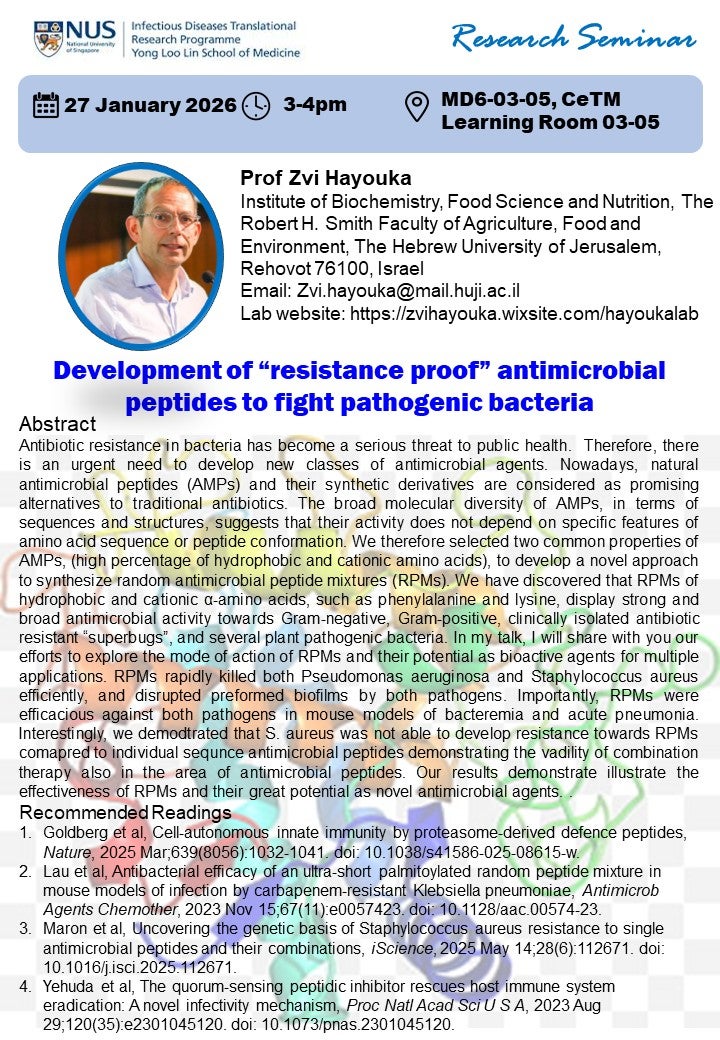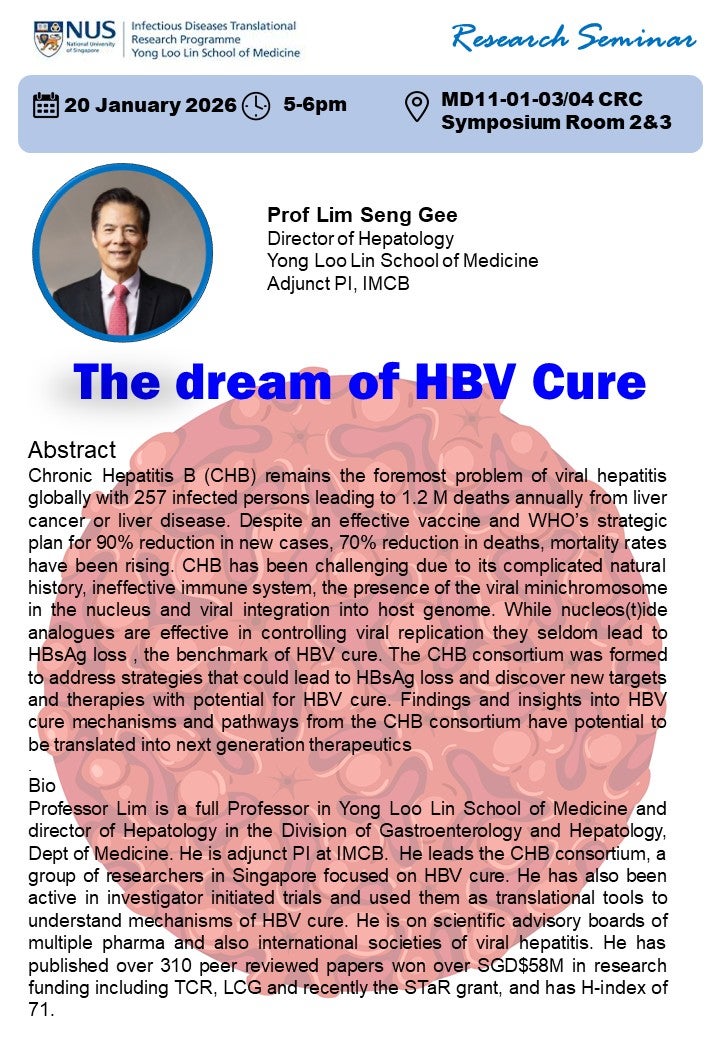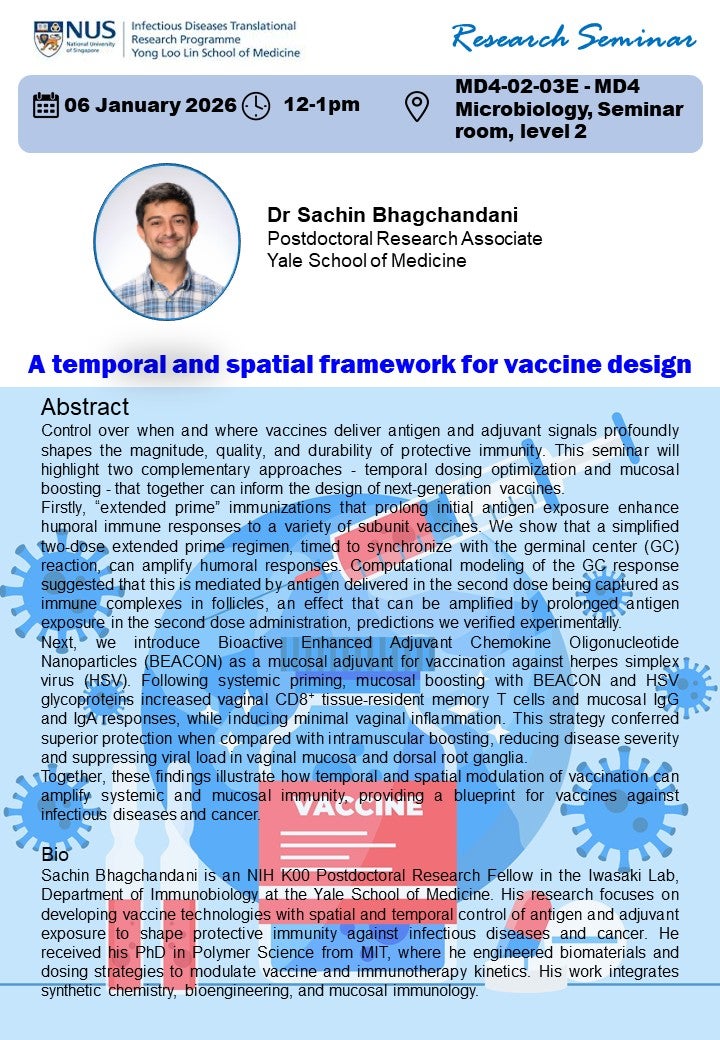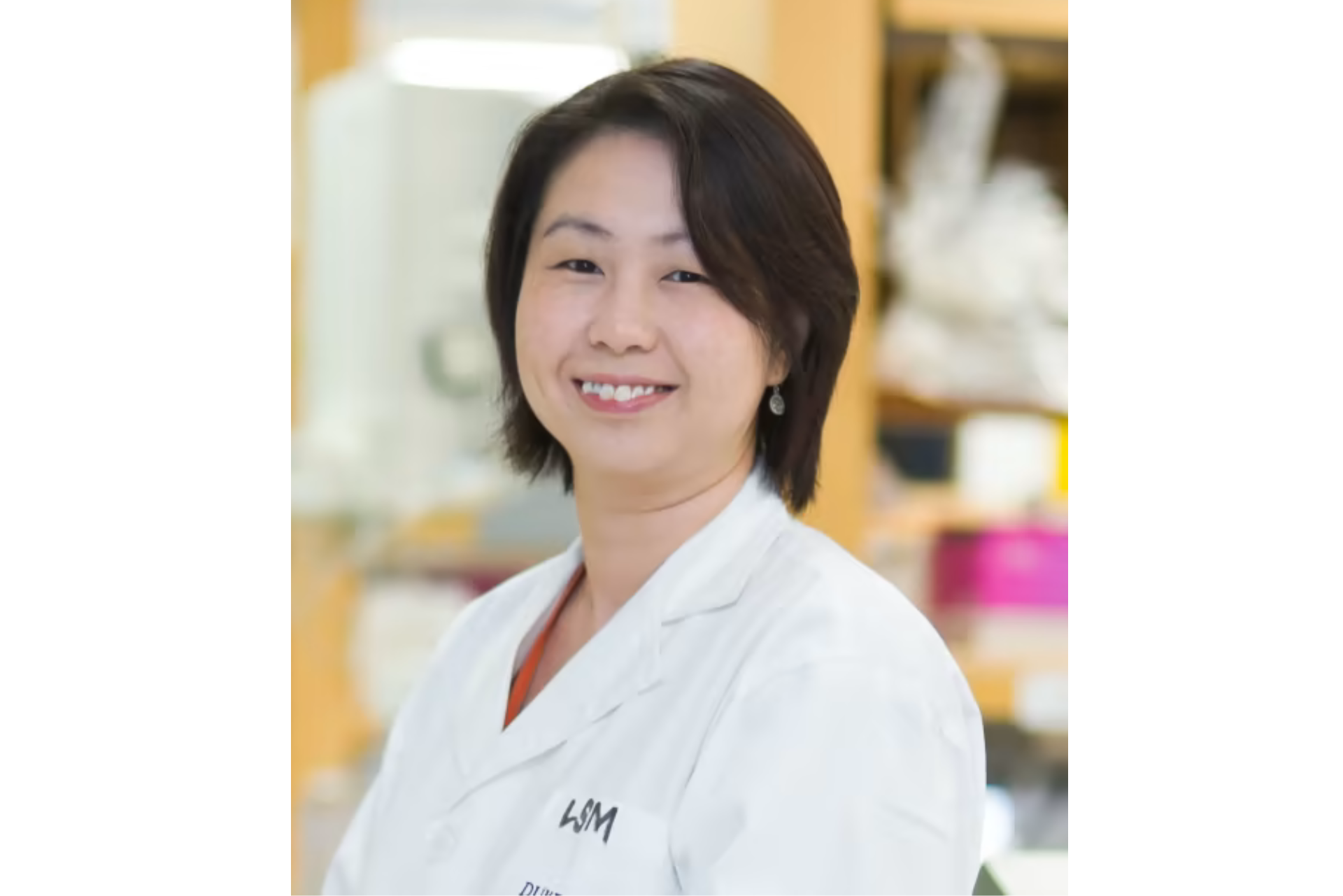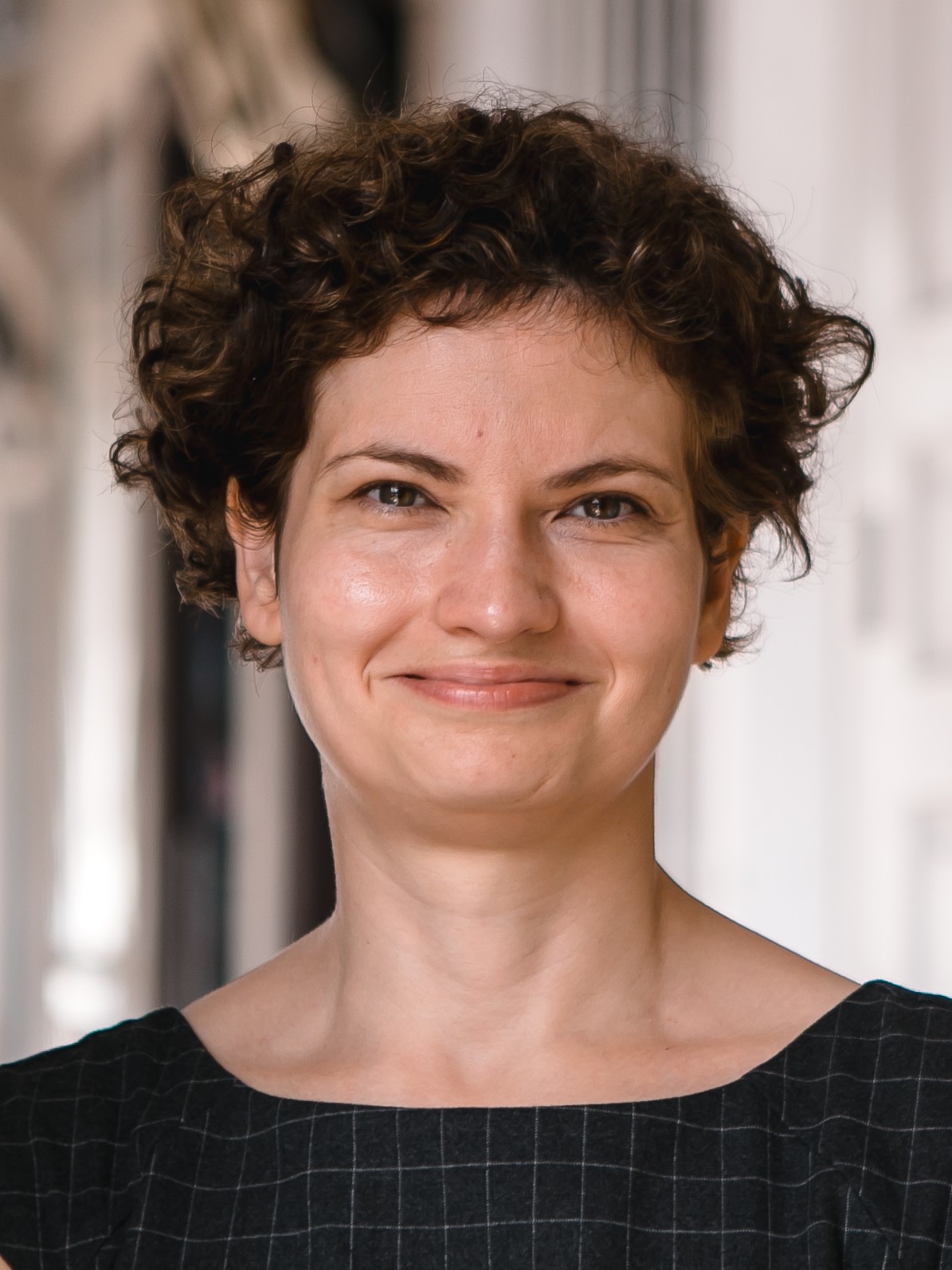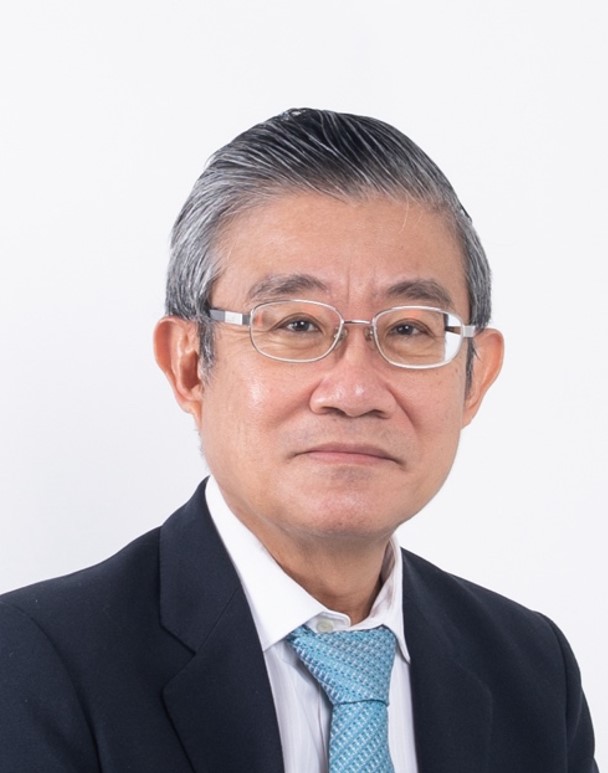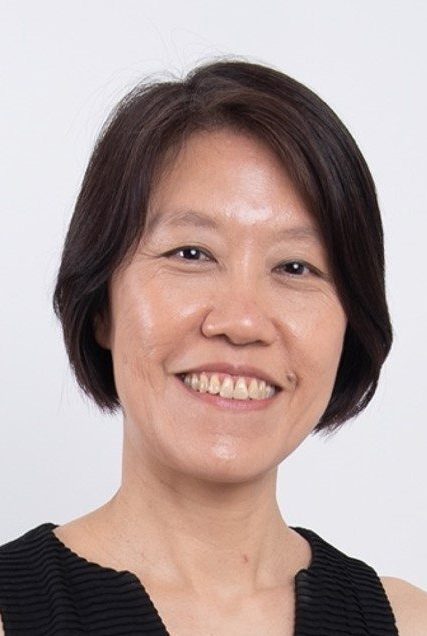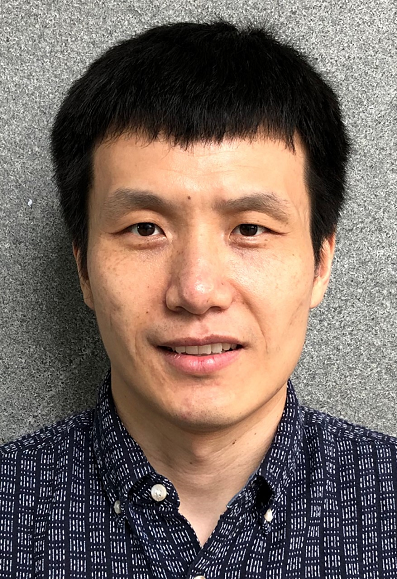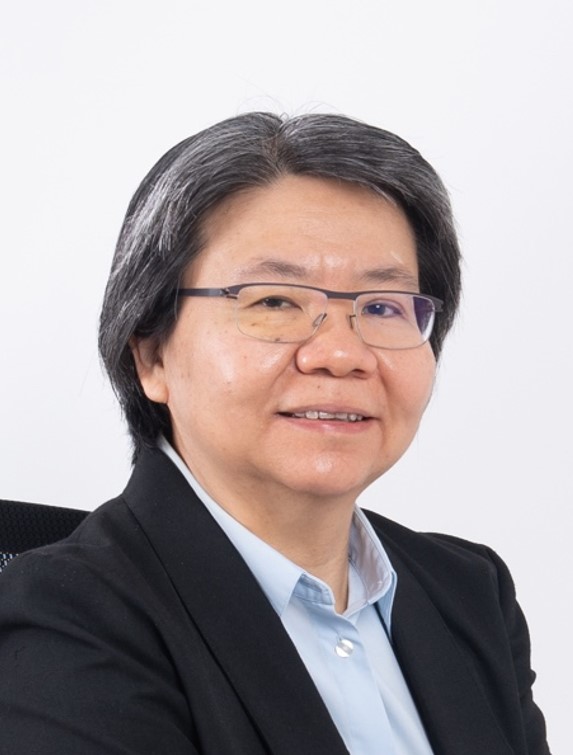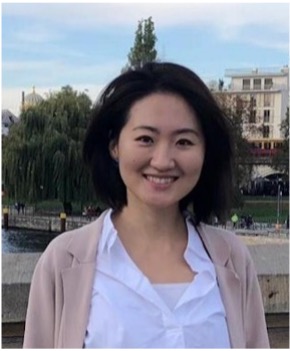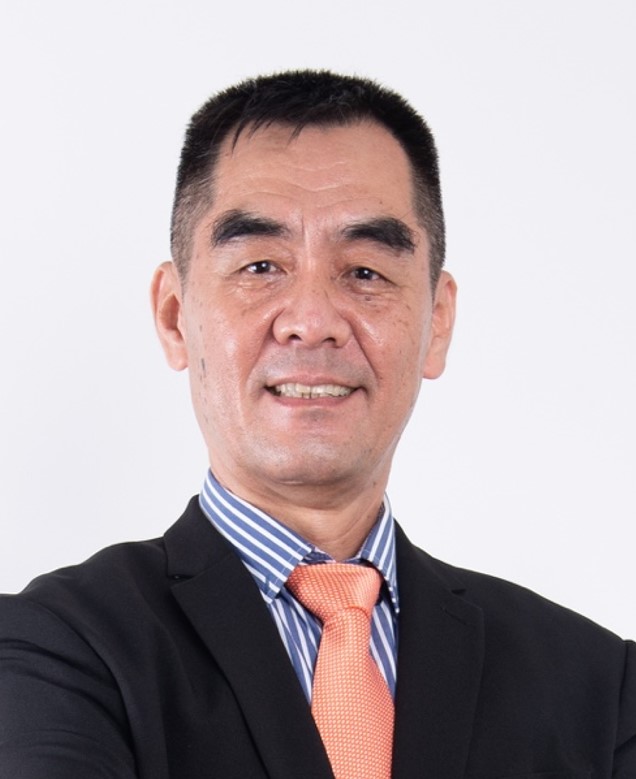? #IDTRPseminar is back! with more exciting talks!
Join us on Tuesday, 16 August 2022, at 12 noon (Singapore Time), for an intriguing in-person seminar at our MD7, Seminar Room Level 1 on “SARS-CoV-2 surrogate virus neutralization test: From bench to discovery at the bedside and in the field” by Dr Chee Wah Tan as he shares how this simple test was established and the breakthroughs it has brought on.
#COVID #sVNT #serologytest #ResearchSeminar #InfectiousDiseasesTRP #NUSMedicine
Onsite registration only and all are welcome!
Biography:
Dr. Tan Chee Wah obtained his Ph.D. from the University of Malaya in 2014, on enterovirus A71- host interactions. In 2017, he joined Professor Wang Linfa ‘s lab, mainly working on bat-borne viruses, including bat filoviruses, coronaviruses, and orthoreoviruses. During the COVID-19 pandemic, his focuses were on SARS□CoV-2 serology, origin, and virus-host interaction. He led the invention of the SARS-CoV-2 surrogate neutralization test, which was commercialized by Genscript under the trade name cPassTM and was the first serology test for SARS-CoV-2 neutralizing antibodies (NAbs) that was granted US FDA EUA approval. Since then, he has established a sophisticated multiplex sVNT, which can detect NAbs against SARS-CoV-2 variants of concern and other SARS-related coronaviruses that use ACE2 receptors. His recent works generated great impact with publications in New England Journal of Medicine, Nature Biotechnology, Lancet Infectious Diseases, and Nature Microbiology.
